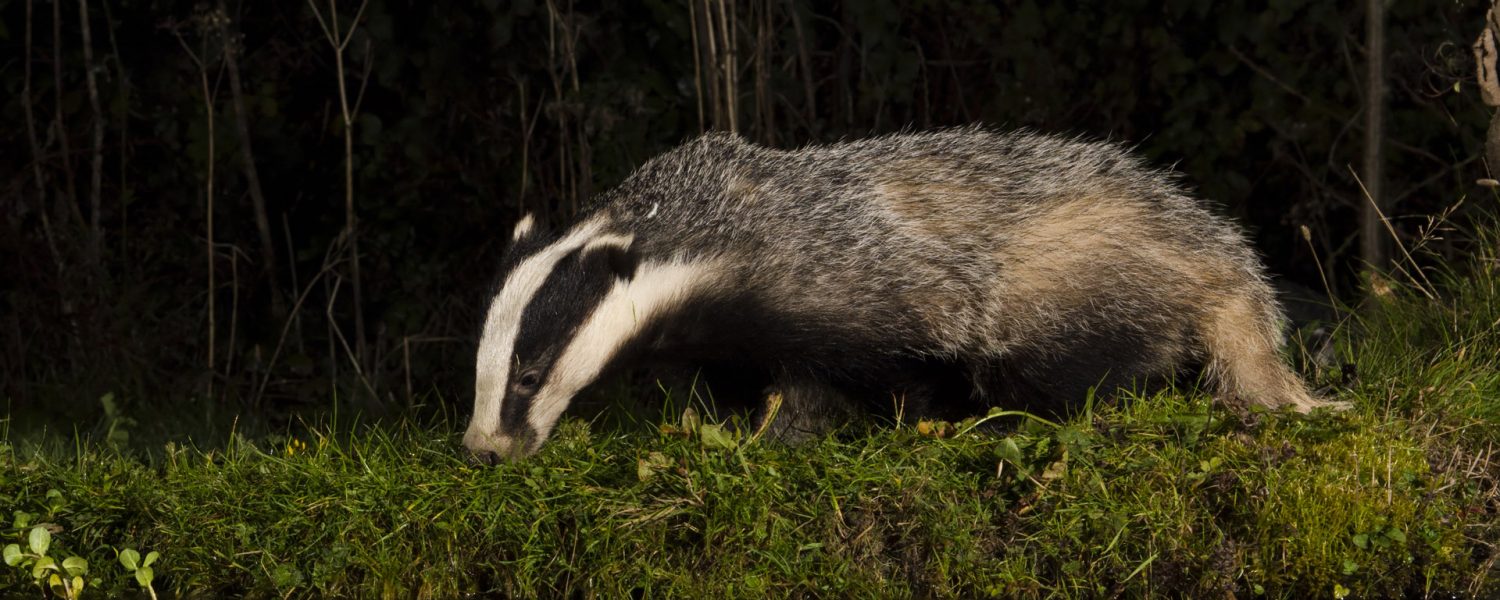
The UK’s Animal and Plant Agency statistician Colin Birch was roundly criticized for his presentation yesterday (12/08/22) at the 16th International Symposium of Veterinary Epidemiology and Economics (ISVEE 16) held at Halifax Convention Centre, Halifax Nova Scotia, Canada.
Birch presented data from badger killing zones in England in recent years, with no proper explanation as to why he had not also used data from unculled areas to compare. He claimed that a reported 50% reduction in bovine TB herd incidence in culled areas was due to badger culling.
The audience seemed less than convinced. At the end one question pointed out that it is not possible to attribute the reduction in bTB incidence to badger culling as the reduction in the unculled area had a similar trajectory. Cattle measures (Testing and movement controls) that were introduced prior to and over the same period (in both culled and unculled areas) would reduce incidence in the manner observed.
A further point was made from the audience that it looked like Birch and APHA were trying to make and promote ‘policy driven evidence’ to satisfy the ministry (Defra). Birch had no coherent response to this but said that he did not agree.
The unpublished manuscript by Birch and others is yet to be fully disclosed, but comes at a highly sensitive time for Defra and Minister George Eustice and Natural England Chairman, Tony Juniper and his scientific staff. They want to sign off the killing of another 40,000 largely healthy badgers from September of this year, despite the science suggesting that complete failure is the most likely outcome.
In March of this year, Defra issued flawed data (see here) in response to a detailed peer reviewed paper (see here) published in Veterinary Record which showed that badger culling in England since 2013 has failed. In a response to the paper, Defra produced a media outburst designed to undermine it, that claimed badger culling had little or no effect in the first two years, and therefore the analysis used was flawed. Observers have been left baffled and talking about government competence, since all the Defra data presented shows large drops in herd incidence over the first two years, suggesting that it is cattle measures that are responsible for these declines, and not culling.
Despite high public interest in this most controversial of policies, Defra have become tight-lipped on their home-made dilemma since March 2022, and defiantly issued more cull licences in June. But despite well and truly losing the science argument they still appear desperate to try to show some reason to prop up their policy and to enable them to keep killing badgers. This fell flat at today’s conference as the science community strongly questioned Defra’s handling of data.
Discover more from The Badger Crowd - standing up for badgers
Subscribe to get the latest posts sent to your email.

